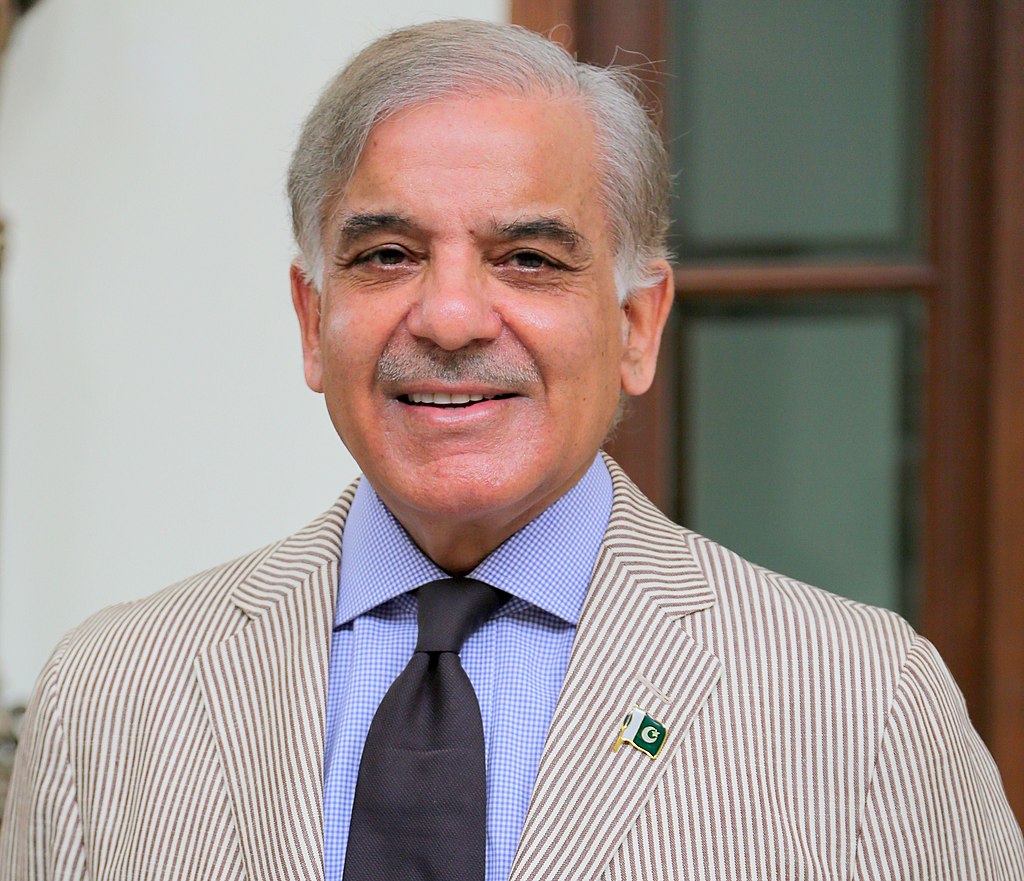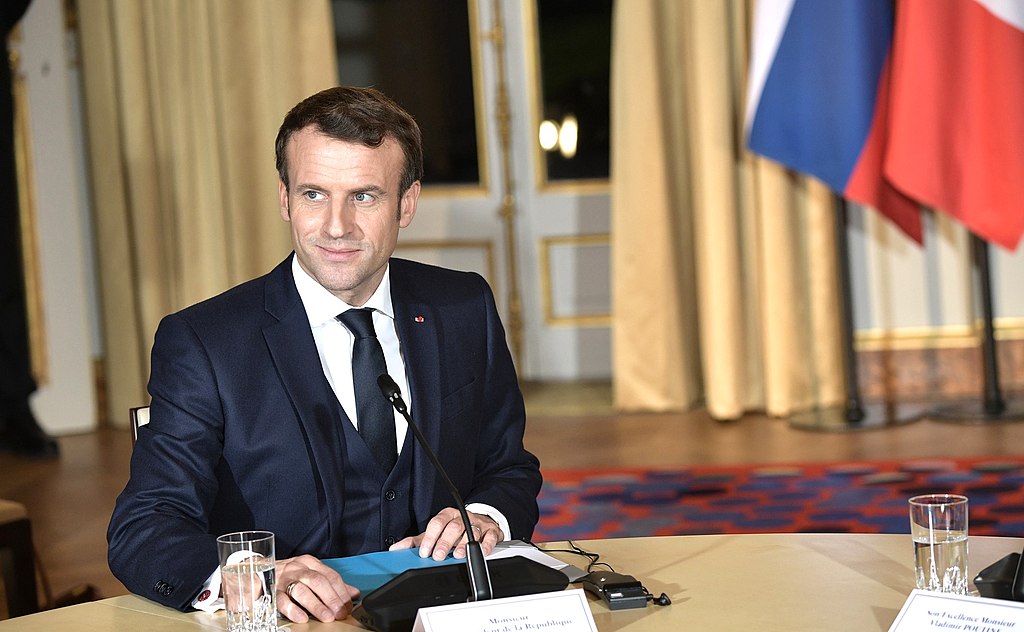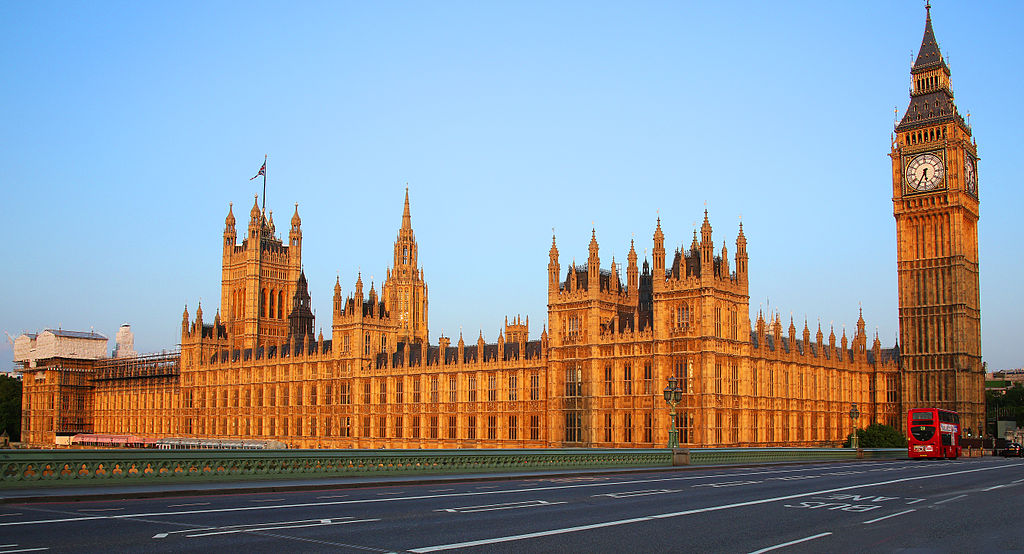Overview:
The Global Affairs team share some of the most important weekly headlines that you may otherwise have missed.
A note from the editor
Ghana has passed a strict bill which criminalizes the promotion and support of LGBTQ+ activities, restricting the rights of LGBTQ+ community. This is in addition to the criminalization of same-sex intercourse, which has been passed down from the British Penal Code.
On another discussion of rights, France became the first country in the world to enshrine abortion rights in the constitution. This comes in response to the controversial US supreme court decision to restrict abortion in June 2022.
After a disputed election, Pakistan has sworn in Shabhaz Sharif as prime minister. This controversy comes amid Pakistan’s financial mismanagement.
As usual, a lot goes on outside of OX1, and we hope this week’s Outside OX1 helps to explain some of them!
Ghana passes a stringent anti-LGBTQ+ bill
Nick Marshall

On February 28th, Ghana’s parliament voted to pass a controversial bill that clamps down on the rights of LGBTQ+ individuals. The “Human Sexual Rights and Family Values” bill will now impose a prison sentence of up to five years for the “willful promotion, sponsorship, or support of LGBTQ+ activities,” and enjoys support from a coalition of Christian, Muslim, and Ghanaian traditional leaders.
There were notable attempts from activists to replace prison sentences with community service and counselling instead, but lawmakers heckled these attempts down.
Same-sex intercourse is already punishable by up to three years in prison in Ghana, a relic of the British Penal Code. Whilst hate crimes against the community are relatively common, no one has ever been prosecuted under this law.
The new bill has now been referred to as one of the harshest of its kind in Africa but still needs validation from President Nana Akufo-Addo before it can enter law, which observers believe is unlikely before the Ghanaian general election in December. Following the vote, Akufo-Addo will have the bill presented to him, and he will then have seven days to assent or refuse to assent, according to the Ghanaian constitution.
Samuel Nartey George, a lawmaker from the opposition party National Democratic Congress and main sponsor of the bill has stated: “There is nothing that deals with LGBTQ better than this bill that has been passed by parliament.” He now believes that Ghanaians should “expect the president to walk his talk and be a man of his word,” urging Akufo-Addo to sign the bill into law.
This bill has sparked outrage from activists and international bodies alike. Winnie Byanyima, executive director of the United Nations AIDS Agency, UNAIDS, has issued a statement expressing concern that if the bill were to come into law, “it will exacerbate fear and hatred, could incite violence against fellow Ghanaian citizens, and will negatively impact on free speech, freedom of movement and freedom of association.”
A human rights coalition known as Big 18, an umbrella group of lawyers and activists in Ghana, has also condemned the bill, with coalition member Takyiwaa Manuh asserting: “You cannot criminalise a person’s identity”. Founder and director of LGBT+ Rights Ghana Alex Kofi Donkor has also commented that he believes the bill is “an affront to [Ghana’s] constitution,” as it deconstructs the family system for LGBTQ+ individuals.
Homosexuality was first criminalised in Ghana in 1892 by the British. Many of the current anti-LGBTQ laws in Ghana today are continuations of these, despite many traditional Ghanaian ethnic groups being historically more liberal towards gender and sexuality.
Controversy rages in Pakistan as Shabhaz Sharif sworn in as prime minister
Patrick Maxwell

Shabhaz Sharif has been sworn in as Pakistan’s prime minister, at the head of an eight-party coalition government formed after a disputed general election. After the election result allowed no party to establish enough support in parliament, the Pakistan Muslim League Nawaz which Sharif leads has formed an administration – a move which has provoked outrage from former prime minister Imran Khan.
With Khan imprisoned following his prosecution for numerous corruption charges, the opposition party Pakistan Tehreek e Insaf has been subject to a governmental crackdown which effectively barred it from taking part in the poll held earlier this month. Nonetheless, numerous independent candidates standing in support of Khan won with unexpected levels of success. While Sharif and his immediate predecessor Amwaral Haq Kakar have faced criticism for their attacks on political dissent, they have continued to stress the danger of Pakistan’s fragile economic position and the need to restore political order to foster a recovery.
The situation in Pakistan has certainly become increasingly febrile. The nation was only sparted default by an IMF loan last year, and a return to that fund is the main goal of the new government. Longer-term solutions are largely absent from the measures to avert a loss of confidence in the economy and the reality of default. The ability of the weak and complex new government to reach an understanding with the IMF, let alone to chart a path out of Islamabad’s financial mismanagement and the political minefield of corruption and repression, is highly in doubt.
France makes abortion a constitutional right, citing US restrictions
Louis Treasure

France penned a right to abortion into its constitution this week, following a senate vote in favour of the move on Wednesday. The Senate and National Assembly, the upper and lower houses of the French Parliament respectively, sat jointly on Monday in a special session called by President Emmanuel Macron. 780 out of 925 Parliamentarians voted in favour of motion (a three-fifths majority required), amending the 1958 constitution to include abortion as a ‘guaranteed freedom’. A November 2022 poll reported that 86% of French people support the policy.
Abortion had previously enjoyed legal protection in France since the 1975 ‘Veil Act’ which permitted abortion up to ten weeks; in 2022 this was extended to up to the 14th week of pregnancy.
The French Government stressed that the move is necessary in light of the US Supreme Court ruling in June 2022 that ended constitutional protections for abortion, leaving tens of millions of Americans unable to access abortion in their home state.
France was also the first country to legalise the use of Mifepristone, commonly known as the ‘abortion pill’, with use being legalised in 1988. Mifepristone has been the subject of a court battle in the US, with anti-abortion activists seeking to overturn FDA approval of the drug. The US Supreme Court is set to hear oral arguments on the matter, having ruled out revoking FDA approval but leaving open the possibility of some for some restrictions. The US Supreme Court is highly politicised, currently sitting with a 6-3 conservative majority.
No significant opposition to the motion rallied within the French Parliament – but critics have accused Macron of using the issue to boost electoral support with the left. Macron would have also hoped to distinguish his centrist party from Marine Le Pen’s far-right National Rally and garner support for the upcoming EU elections in June, but the right has refused to play ball. Critics have also suggested that abortion should not be a constitutional issue, but the Constitutional Council (France’s highest court for constitutional matters) has never raised constitutional problems with abortion.
The move is intended to guard against the right-wing shift that has faced Europe in recent years – making abortion a constitutional right sends a strong signal France is willing to act quickly to prevent future attempts at restriction.
George Gallowy re-enters Parliament : the aftermath of the Rochdale By-election
Eric Balonwu

On the 29th of February a by-election was held in Rochdale to replace the former Labour MP Tony Lloyd (who died from cancer). With nearly 40% of the vote George Galloway, standing for the Workers Party of Britain, was elected as the new MP for Rochdale. Independent candidate David Tully, who came second place with 21% of the vote.
The election result was particularly interesting because none of the major parties (the Liberal Democrats, the Conservatives and the Labour Party) were in 1st or second place – for the first time since 1945. While the Conservatives did come in third place with 12% of the vote, they lost 19% of the vote compared to 2019. Labour had an even worse night as Azhar Ali, the candidate they originally selected, got less than 8% of the vote (though Tony Lloyd had got over 51% in 2019). Though Azhar Ali was listed as the Labour Party candidate, Labour actually withdrew their support for Ali and suspended Ali from the Labour party because of anti-semitism. Leaked footage to the Daily Mail showed that Ali made additional anti-semitic comments as well as stating that Israel had allowed the 7th of October attack to happen as a pretext for a ground invasion in Gaza. This put Labour in a difficult position, evidenced by their delay in suspending Ali. In the end, Labour decided to ‘throw away’ a very winnable election suggesting that Labour insiders prioritised the party’s commitment to tackling anti-semtism and voter’s perceptions of anti-semitism in the Labour Party.
Galloway ran a campaign focussed on ending the conflict in Gaza; during his victory speech he claimed to be sending Keir Starmer a message “for Gaza”. However, many groups and politicians were unhappy with his victory as Galloway has a history for making ‘controversial’ remarks that have been criticised by many. In response to Galloway’s victory, the Board of Deputies of British Jews stated that the by-election was a “dark day” for British Jews. Meanwhile, Rishi Sunak gave a speech highlighting the threat extremism posed to British democracy where he labelled Galloway’s victory as “beyond alarming”. Ultimately, a general election in the next 6-9 months may mean that Galoway’s political impact in the Commons is muted – especially if the seat returns to Labour in a general election.
Write for us!
Interested in writing for the OX1 column, looking for somewhere to turn your article idea into a reality? Then look no further. Both the Global Affairs and Environment Section are looking for new writers and contributors. If you’re interested in student journalism and want to get involved make sure to join the Oxford Blue writers group on Facebook.
Oxford Blue Writers Group:
https://www.facebook.com/groups/2462003647260904/?mibextid=oMANbw
Global Affairs Writers Group:
https://www.facebook.com/groups/441255647575456/?mibextid=oMANbw
